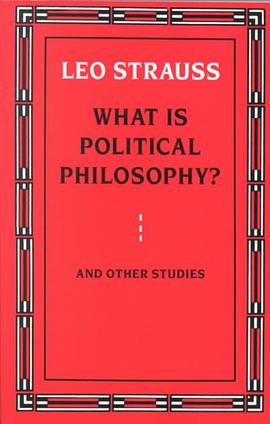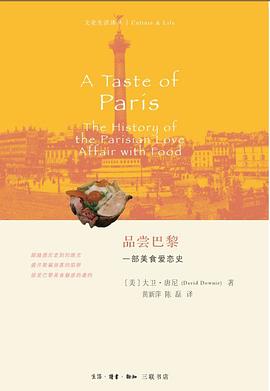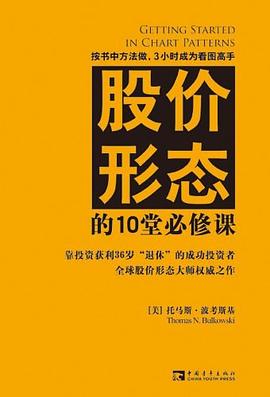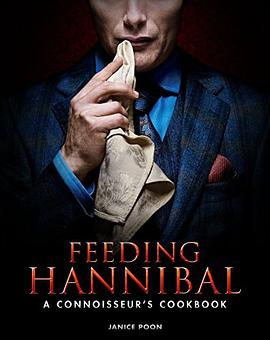What is Political Philosophy? And Other Studies
内容简介
"All political action has . . . in itself a directedness towards knowledge of the good: of the good life, or of the good society. For the good society is the complete political good. If this directedness becomes explicit, if men make it their explicit goal to acquire knowledge of the good life and of the good society, political philosophy emerges. . . . The theme of political philosophy is mankind's great objectives, freedom and government or empire—objectives which are capable of lifting all men beyond their poor selves. Political philosophy is that branch of philosophy which is closest to political life, to non-philosophic life, to human life."—From "What Is Political Philosophy?"
What Is Political Philosophy?—a collection of ten essays and lectures and sixteen book reviews written between 1943 and 1957—contains some of Leo Strauss's most famous writings and some of his most explicit statements of the themes that made him famous. The title essay records Strauss's sole extended articulation of the meaning of political philosophy itself. Other essays discuss the relation of political philosophy to history, give an account of the political philosophy of the non-Christian Middle Ages and of classic European modernity, and present his theory of esoteric writing.
......(更多)
作者简介
Leo Strauss's contributions to political philosophy include Natural Right and History, Persecution and the Art of Writing, and Platonic Political Philosophy, all published by the University of Chicago Press.
......(更多)
目录
......(更多)
读书文摘
说政治哲学问题有古典的解决方案是可能的,因为所有的古典政治哲人有一个根本的同时是特定的一致之处:政治生活的目标是德性,最有益于德性的秩序是贵族共和或混合政制。但在现代,我们的政治哲学形形色色,彼此又有着根本的差异。不过,所有现代政治哲学可归为一类,因为它们拥有一条基本的共同原则。这一原则从反面才能得到最好的表达:它指责古典方案不现实。
我们把政治神学理解为以神的启示为基础的政治教诲。政治哲学则限于人类头脑独立能够触及的事物。至于说社会哲学,它与政治哲学主题相同,但采取的视角与之不同。政治哲学依赖的前提是,政治关联——一个人的祖国或民族——是最全面最权威的关联,而社会哲学却把政治关联看作一个更大整体(它将之命名为“社会”)的一部分。
......(更多)






